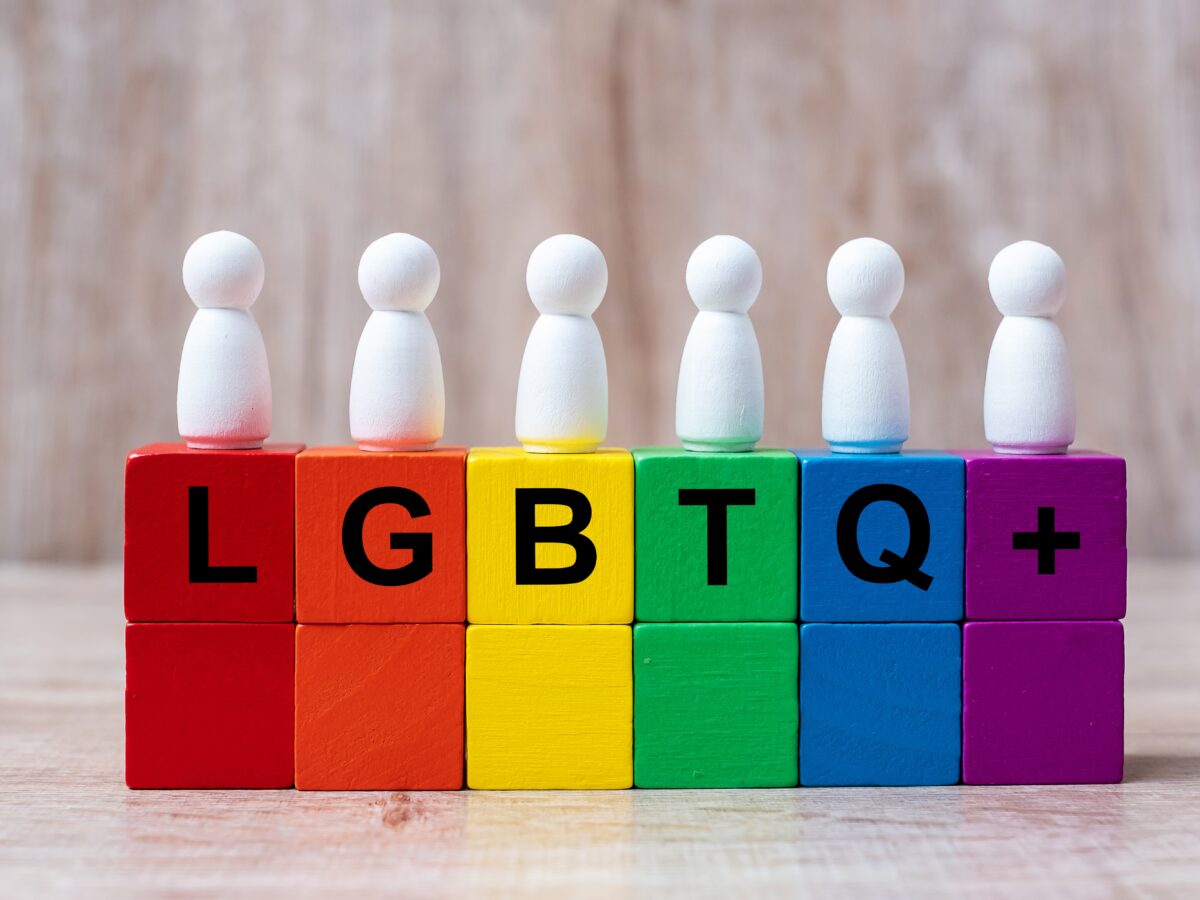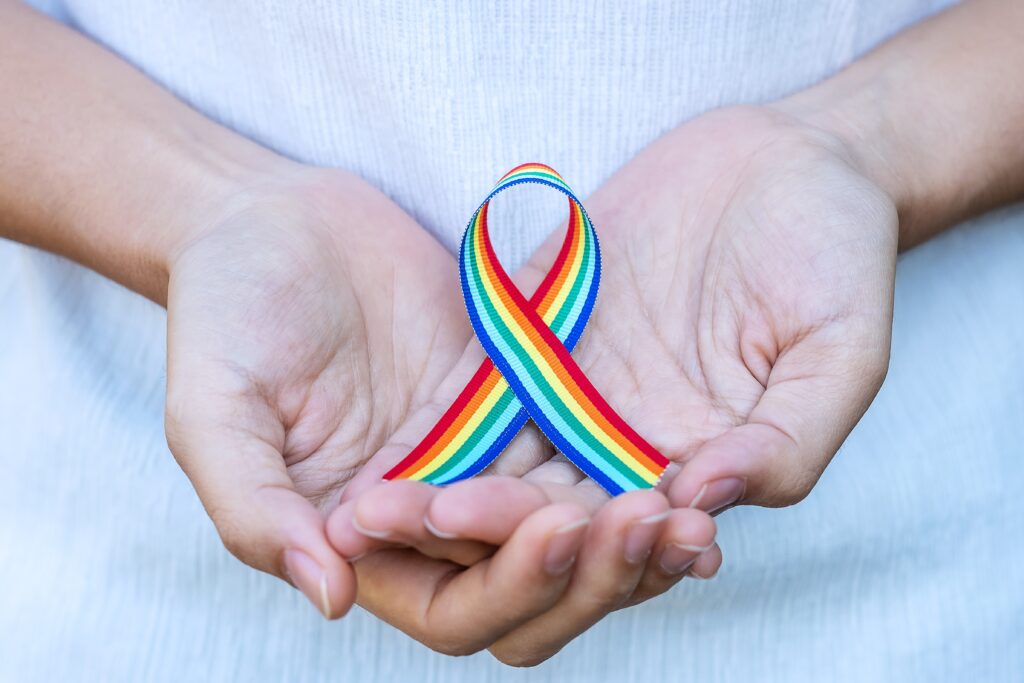Substance abuse remains a significant health issue within the LGBTQ community, characterized by higher prevalence rates compared to the general population. This complex issue intersects with societal stigma, discrimination, and unique stressors experienced by LGBTQ individuals, contributing to elevated risks of substance use and dependence. Addressing substance abuse effectively within this community requires a comprehensive understanding of its underlying causes, barriers to treatment, and targeted strategies that promote inclusivity and support.
Despite advancements in LGBTQ rights and visibility, individuals within this community continue to face disparities in health outcomes, including higher rates of substance abuse. Factors such as minority stress, social marginalization, and barriers to accessing culturally competent healthcare services contribute significantly to these disparities. Understanding the multifaceted nature of substance abuse among LGBTQ individuals is essential for developing effective interventions and support systems that cater to their unique needs.
Understanding the Challenges
Substance abuse within the LGBTQ community presents a complex set of challenges influenced by societal factors, minority stress, and barriers to care. These challenges contribute to higher rates of substance use disorders among LGBTQ individuals compared to their heterosexual and cisgender counterparts. Understanding these challenges is crucial for developing effective interventions and support systems tailored to the specific needs of LGBTQ individuals.
Minority Stress and Coping Mechanisms
LGBTQ individuals often experience minority stress, a chronic stress resulting from societal prejudice, discrimination, and the need to navigate a heteronormative world. This stress can manifest in various forms, including internalized homophobia, fear of rejection, and concealment of sexual orientation or gender identity. As a coping mechanism, some individuals turn to substances such as alcohol, tobacco, or drugs to manage anxiety, depression, and trauma associated with their marginalized status.
Social Marginalization and Isolation
Social marginalization and lack of acceptance can contribute to feelings of loneliness, alienation, and lack of belonging within the LGBTQ community. Many LGBTQ individuals face rejection from family members, peers, or broader societal norms, leading to increased susceptibility to substance abuse as a way to cope with social exclusion and emotional distress.
Barriers to Healthcare Access
Accessing healthcare services, including substance abuse treatment, can be challenging for LGBTQ individuals due to various barriers:
Intersectional Identities and Compounded Discrimination
LGBTQ individuals with intersecting identities, such as race, ethnicity, socioeconomic status, and disability, may experience compounded discrimination and marginalization. Intersectional identities can exacerbate the challenges of accessing supportive resources and culturally competent care, further hindering efforts to address substance abuse effectively.
High-Risk Environments and Peer Influence
Certain LGBTQ social spaces, such as bars, clubs, and LGBTQ-specific events, may serve as environments where substance use is prevalent and normalized. Peer influence and social pressures within these environments can contribute to increased substance use among LGBTQ individuals, especially those seeking acceptance or seeking to alleviate social anxiety.
Strategies for Intervention and Support
Addressing substance abuse within the LGBTQ community requires tailored interventions and support systems that acknowledge the unique challenges and vulnerabilities faced by its members. These strategies aim to provide inclusive, affirming care while addressing the underlying factors contributing to substance use disorders. By implementing comprehensive approaches, healthcare providers, community organizations, and policymakers can foster environments that promote health, resilience, and recovery among LGBTQ individuals.
Promoting Culturally Competent Care
Importance: Culturally competent care is essential for creating welcoming environments and providing effective treatment that respects and affirms LGBTQ individuals' identities.
Actionable Steps:
Increasing Access to Support Services
Importance: Accessible support services are crucial for addressing substance abuse and promoting long-term recovery among LGBTQ individuals.
Actionable Steps:
Community Outreach and Education
Importance: Education and awareness initiatives help reduce stigma, increase knowledge about substance abuse prevention, and encourage early intervention among LGBTQ individuals.
Actionable Steps:
Advocacy for Policy Change
Importance: Advocacy efforts are essential for promoting policy changes that protect LGBTQ rights, improve access to healthcare, and address systemic barriers to substance abuse treatment.
Actionable Steps:
Fostering Peer Support and Mentorship
Importance: Peer support networks and mentorship programs play a crucial role in promoting social connectedness, reducing isolation, and supporting individuals in their recovery journey.
Actionable Steps:
Conclusion
In conclusion, addressing substance abuse within the LGBTQ community requires a multifaceted approach that acknowledges the unique challenges and systemic barriers faced by its members. Substance abuse rates are higher among LGBTQ individuals due to factors such as minority stress, social marginalization, and limited access to culturally competent care. Effective intervention and support strategies must focus on promoting culturally competent healthcare, increasing access to supportive services, conducting community outreach and education, advocating for policy changes, and fostering peer support networks.
By promoting culturally competent care, healthcare providers can create inclusive environments where LGBTQ individuals feel safe and respected, enhancing their willingness to seek treatment. Accessible support services, including LGBTQ-friendly support groups and comprehensive treatment programs, play a crucial role in addressing substance abuse and promoting long-term recovery. Community outreach and education initiatives help reduce stigma, raise awareness about substance abuse prevention, and empower LGBTQ individuals to prioritize their health and well-being.
Advocacy efforts are essential for advancing policy changes that protect LGBTQ rights, improve access to healthcare services, and address systemic inequalities. By advocating for nondiscrimination policies and increased funding for LGBTQ-specific programs, stakeholders can ensure equitable access to substance abuse treatment and support services.
Furthermore, fostering peer support and mentorship programs within the LGBTQ community promotes social connectedness, reduces isolation, and provides valuable support in the recovery journey. Peer-led initiatives offer individuals in recovery the opportunity to share experiences, offer mutual support, and inspire hope through positive role modeling.
In essence, by implementing these strategies collaboratively, healthcare providers, community organizations, and policymakers can create a supportive and inclusive environment that promotes health, resilience, and recovery among LGBTQ individuals affected by substance abuse. Through continued commitment and action, we can work towards reducing substance abuse rates and improving overall well-being within LGBTQ communities worldwide.
Related Articles:
Coping with Discrimination: Strategies for LGBTQ+ Individuals
Mental Health Challenges in the LGBTQ+ Community
LGBTQ+ Youth Relationships: A Guide to Resources & Support
LGBTQ+ Youth – Psychological Challenges & Support Pathways
How to Choose the Right Online Counselor for Your Relationship



